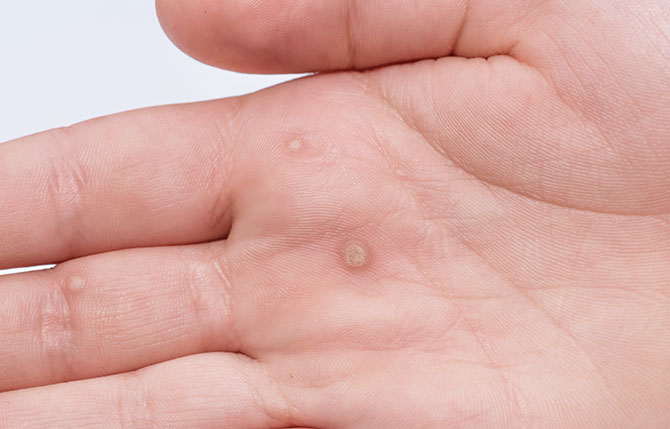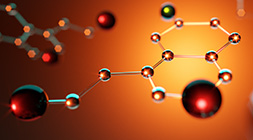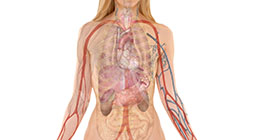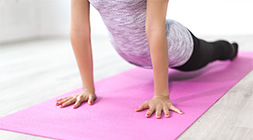
Overview
Symptoms
Causes
Prescription
Health Tips
Warts are abnormal noncancerous growths that occur due to viral skin infections caused by any one of more than 150 human papilloma viruses (HPV). Warts affect a large percentage of the population and commonly appear on the hands, feet, nails, and face, but may appear anywhere on the body. Most warts are painless, while others cause pain due to pressure on nerves, especially plantar warts. Warts may infect the mouth, particularly if a person sucks or chews a wart growing on a finger.
Symptoms
Common warts: Come in all shapes, sizes, and colors. They can be dark, gray, yellowish, or skin-toned, with a rough surface and most often not more than half an inch across.
Filiform warts: Project or stick out of the skin, often near the eye, nose, or lips.
Flat warts: Smooth, scaly, and yellowish-brown in colour, most often seen in children.
Plantar warts: Usually confined to the feet; resemble calluses (both are white) but are different in that the centre of a plantar wart is hard, the area may be tender or may bleed from the pressure of the body’s weight.
Subungual warts: Cauliflower-like growths under or at the toenail or fingernail. It is important to have sublingual warts removed as they may cause pain and permanent damage to the nail or nail bed.
Causes
The human papilloma virus and a weakened immune system are the causes. Warts often spread to other parts of the body in those affected. Transmission from person to person is possible, however only some strains are very contagious. A healthy immune system will help to fight off the HPV virus most of the time. The recurrence of warts suggests that the immune system is suppressed or weakened either by illness or immunosuppressant drugs.
Researchers investigated whether plantar warts are more common in adolescents who use locker rooms as opposed to shower rooms. In a study, students (ranging in age from 10 to 18) from a swim club and a public school were interviewed and had their feet examined. Twenty-seven percent of those who used communal shower rooms had plantar warts, compared to 1.25 percent of those who only used locker rooms, suggesting that the infection is increased in those who expose their feet to infected, moist surfaces.
Prescription for Health
The following recommendations seek to enhance the immune system, destroy the virus, and prevent recurrences.
| Nutrient | Dosage | Action |
|---|---|---|
| Moducare®
(Beta-Sitosterol, Beta-Sitosterolin-Beta-D-Glucoside) |
20 mg / 0.2 mg
Adults and children 17 years and older take 1 capsules three times daily OR 2 capsules upon rising and 1 capsule before bed. Children 5 to 10 years take 1 capsule or chewable tablet, one to two times daily. |
Helps to support a healthy immune system balance; helps to reduce recurrence of warts when used in conjunction with other therapies |
| Beta – 1,3/1,6-Glucan | 250 mg daily | Strengthens immune system, enhances T cells and natural killer (NK) cells |
| Zinc | 10 mg daily | Improves T-cell action and immune cells |
Health Tips for Healing
- Although common and plantar warts will often resolve themselves without treatment, do not try to remove warts alone. Consult a qualified practitioner if warts are a bother or cause pain.
- Buff the wart with an emery board and then place a piece of duct tape on the wart. Leave it on and the wart will disappear. Reapply if needed.
- Combine equal parts water and apple cider vinegar in bowl, swab the affected area for 15 to 20 minutes every day until wart falls off.
- Place a piece of raw peeled garlic on common warts without it touching the healthy skin and cover with a bandage. Leave it on for 24 hours. There may be blisters but in a week’s time the wart will fall off.
- Soak a cotton ball in apple cider vinegar and place on wart; use a bandage or tape to keep cotton ball in place. Leave on overnight. Repeat process until wart falls off.










